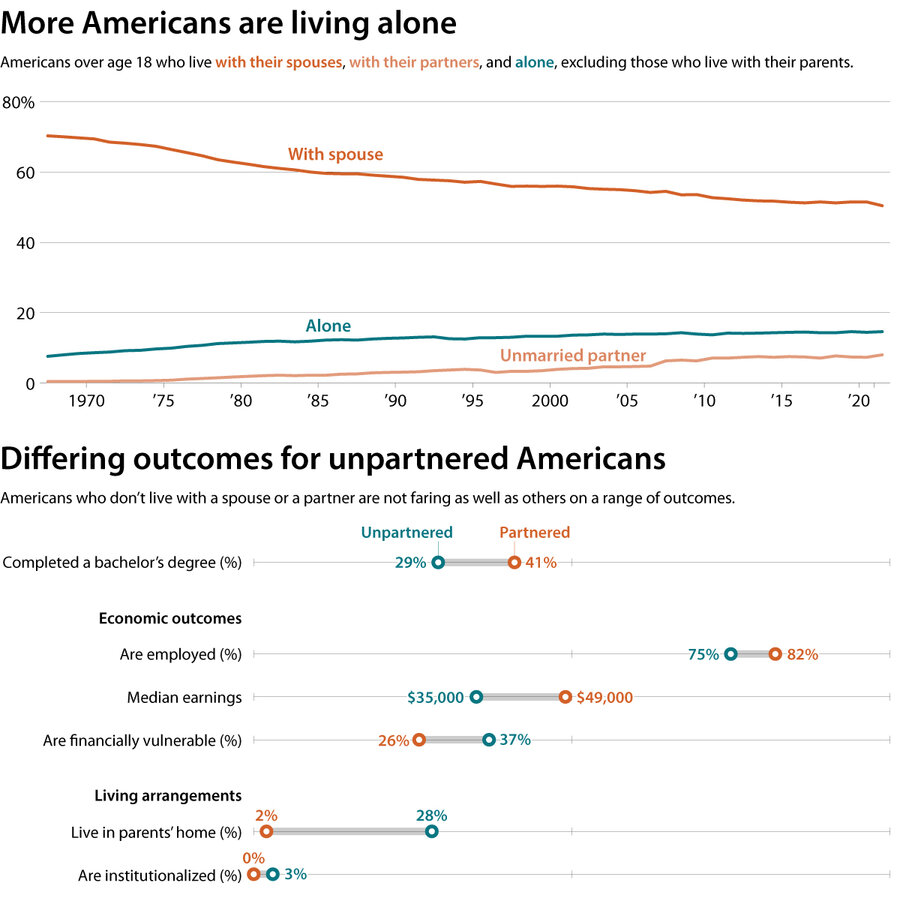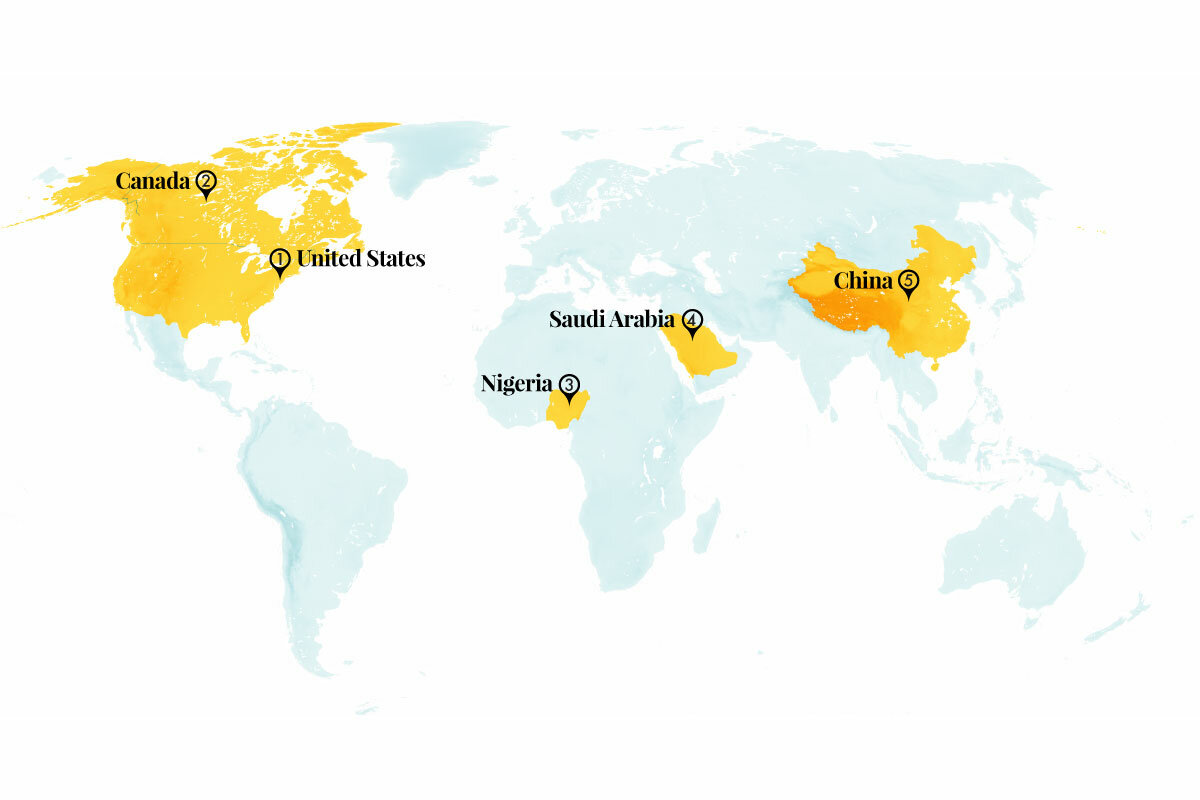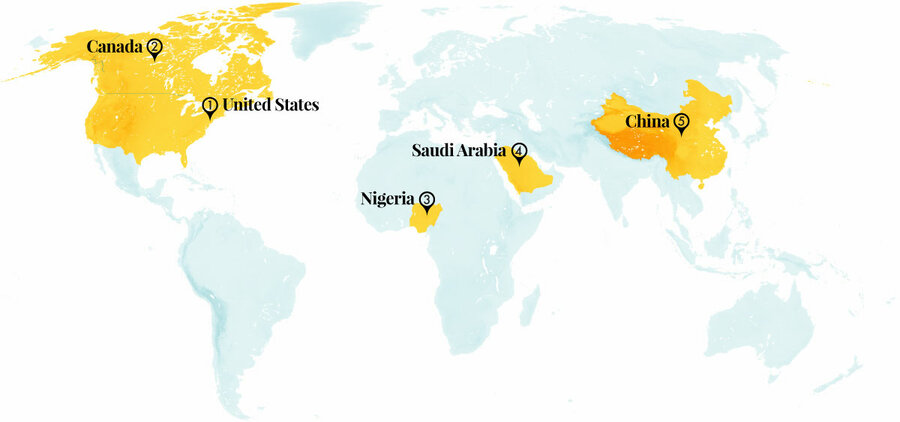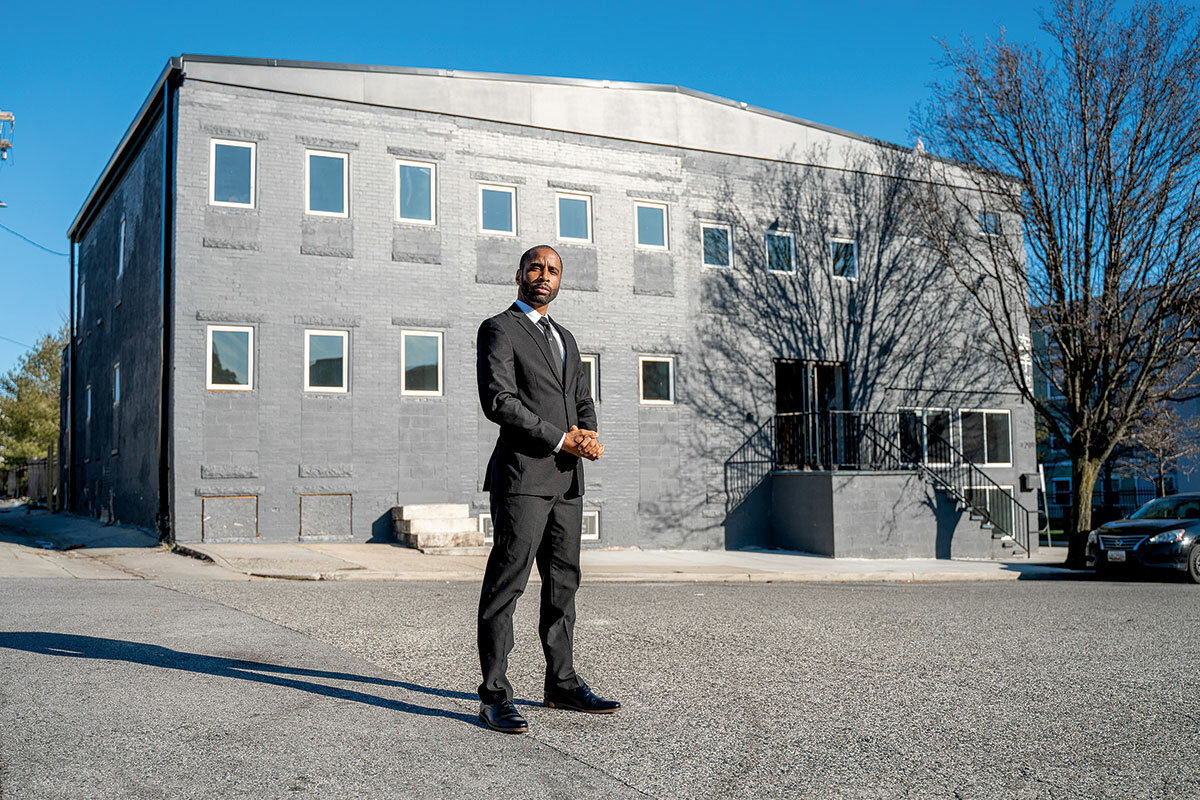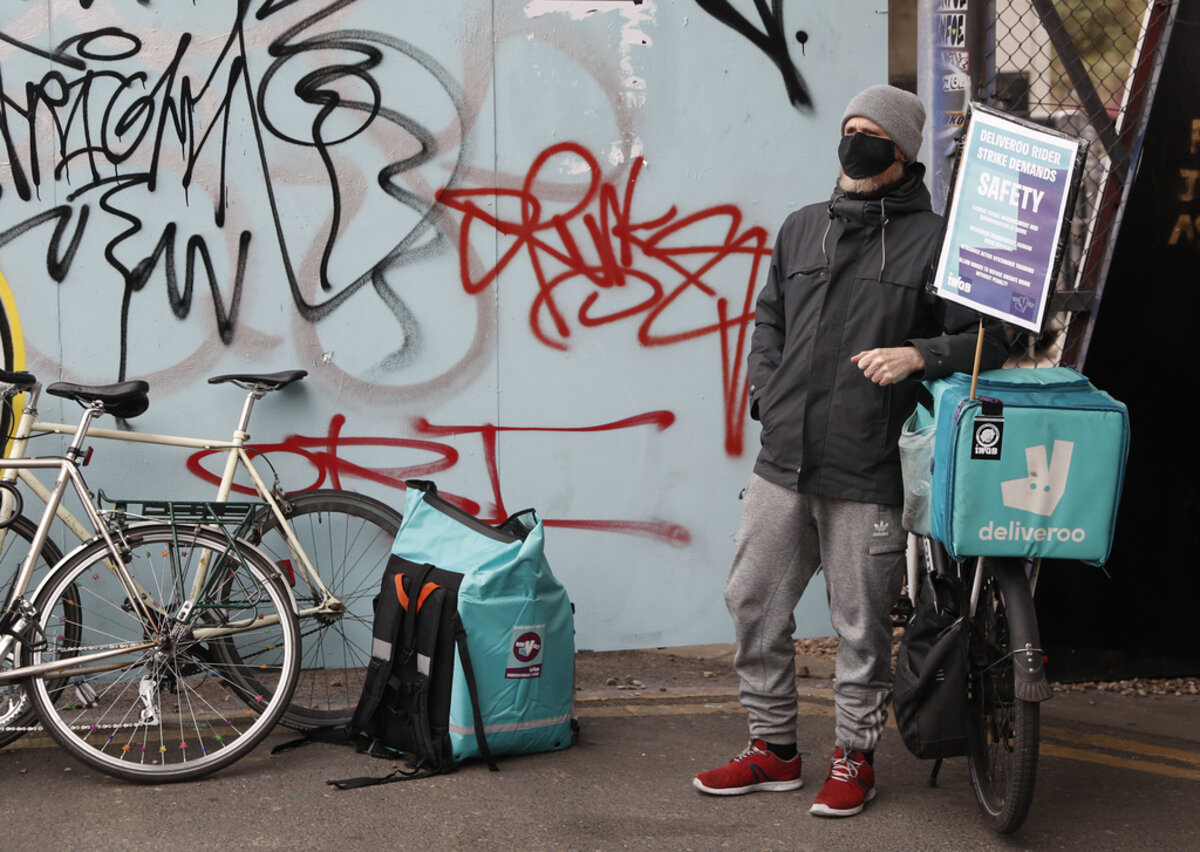By building up troops near Ukraine, the Kremlin has been pressuring the West to talk about NATO expansion. Amid diplomacy, Moscow feels like it might be heard. We look at its aims.
Monitor Daily Podcast
- Follow us:
 Clayton Collins
Clayton Collins
Ever think about pulling up stakes and setting up somewhere new?
There has long been a small, robust community of new retirees considering life abroad in relaxed countries with cheap health care. Today it’s not just expat pensioners feeling footloose. As a young Monitor writer remarked recently in a meeting, some in his cohort see the unmatched “land of opportunity” label on the United States as fading.
While voluntary migration is sometimes oversold – and, for many, unaffordable – mobility seems more real. A recent national survey of some 6,000 U.S. workers had 78% indicating a desire to keep the option to work remotely for good. They point to pandemic-era evidence that knowledge work can be done well at a distance. Workers have leverage.
If they’re feeling about American opportunity, younger workers are also willing to rethink success and where to find it. First came a turning away from urban centers. Digital nomadism showed up in the forms of van-lifers and people lighting out for rural Zoomtowns. Vermont offers a relocation grant program. So do Tulsa, Oklahoma; Topeka, Kansas; and other .
Next, perhaps: a broader definition of home. As travel eases, borders blur, and not only for American prospectors. The knowledge-worker traffic is omnidirectional. Estonia welcomes innovators to its old world but highly digital hubs. Some European countries are seeking a return of top talent that had left.
Now Buenos Aires is touting Argentina’s weak currency to appeal to foreigners’ buying power – and offering a special 12-month visa to remote workers with income from abroad. The aim, according to : Attract 22,000 nomads by 2023.






